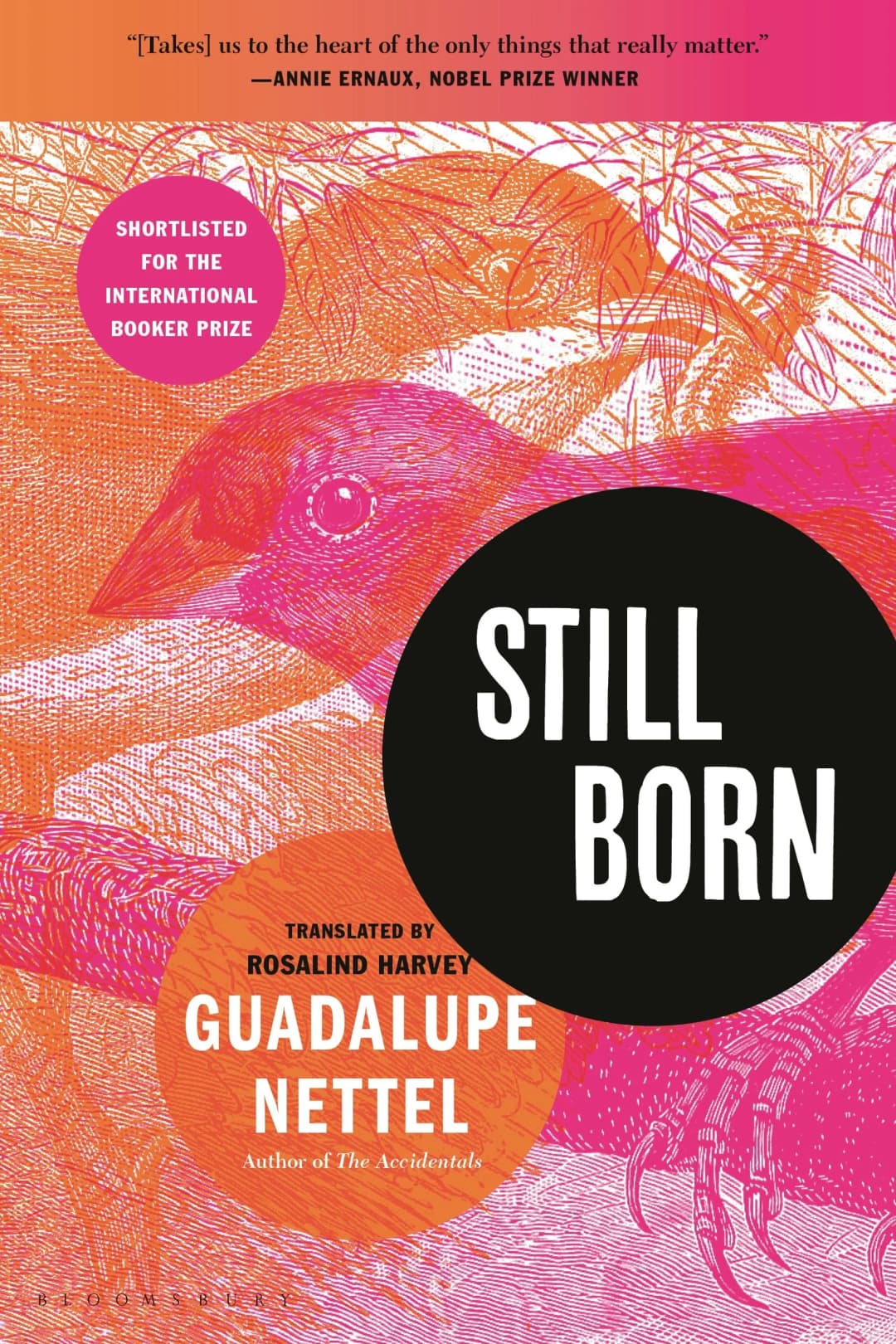Still Born - Guadalupe Nettel

In Still Born, a novel set in Mexico, we meet two close friends in their mid-thirties: Alina and Laura. Both are educated, independent, and firm in their decision to live a childfree life. To them, choosing not to have children represents freedom; freedom from what they view as the social and emotional shackles of motherhood. As Laura puts it in the first chapter:
For years I tried to convince my girlfriends that procreating was a hopeless mistake. I told them that children, no matter how sweet and loving they were in their best moments, would always represent a limit on their freedom, an economic burden, not to mention the physical and emotional cost they bring about: nine months of pregnancy, another six or more of breastfeeding, frequent sleepless nights during infancy, and then constant anxiety throughout their teenage years. ‘What’s more, society is designed so that it’s us, and not men, who take on the responsibility of caring for children, and this so often means forfeiting your career, your solo pursuits, your erotic side and sometimes your relationship with your partner, too,’ I would tell them, vehemently. ‘Is it really worth it?
But ideals are often tested by time. As they grow older, external pressure—from partners, family, and society—intensifies. This marks the beginning of a divergence between the two women. Laura, standing firm in her convictions, undergoes sterilization, preserving the life she fought hard to protect. Alina, however, changes course. After settling in Mexico and securing a stable job, she decides to start a family.
It is easy, when we are young, to have ideals and to live according to them. What is more complicated is acting consistently over time, and in spite of the challenges life puts in our way.
Alina's journey toward motherhood is far from easy. Hormonal treatments and repeated visits to specialists yield no results. Just as she begins to lose hope, she finally conceives-only to receive devastating news during a routine scan: her baby’s brain is not developing properly, and the child is unlikely to survive after birth. This forces Alina into a deeply painful emotional reckoning. How does one carry, love, and mourn a life that has barely begun?
Meanwhile, Laura, content in her childfree life, finds herself unexpectedly drawn to a troubled young boy living next door. Slowly, and almost unwillingly, she begins to care for him, a life she thought was now behind her.
This is a short, powerful novel that captures life in all its contradictions. The author explores how motherhood is not always a choice, not always biological, and certainly not always neat. As the book suggests, motherhood is porous; something that seeps in and takes shape in unexpected ways.